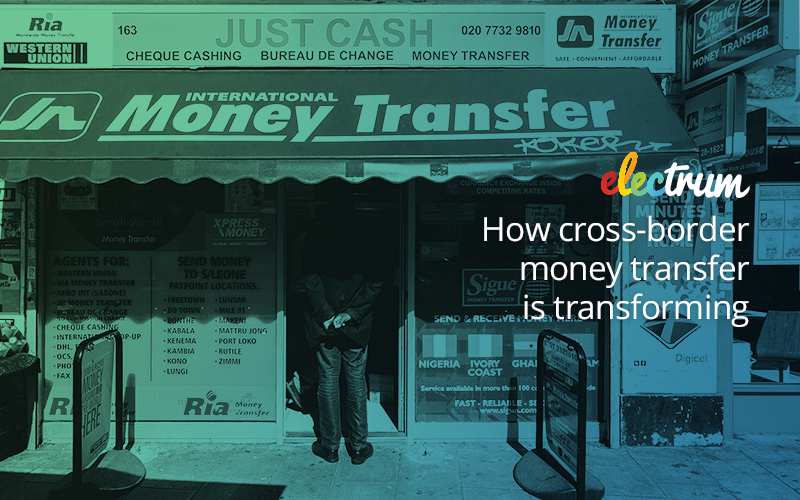
Real-time payment systems are taking the world by storm, with a considerable increase in the number of programs worldwide. Anton Groenewald, Electrum Technical Sales Executive in Johannesburg, takes a look at the dynamic RTC landscape globally and in South Africa.
New payment rails are emerging the world over. In a recent report, financial services technology company FIS identified 40 active real-time payment programs globally, up 60% from 2017. Furthermore, there are another five programmes under development with 16 more expected in the next 12-18 months.
… South Africa was one of the first countries to adopt real-time payments …
It’s interesting to note that South Africa was one of the first countries to adopt real-time payments, through the Real-time Clearing (RTC) service provided by BankServ in 2007. This service allows customers to expedite payments by selecting the RTC payment stream on their bank’s internet or mobile banking site, instead of the standard EFT credit. This payment stream was developed to provide increased transaction speed and convenience to customers.
Unfortunately, South Africa's RTC implementation was never extended to include other use cases or to promote low-value immediate payments. In 2017, the Reserve Bank commissioned PASA to conduct a preliminary study into barriers to success and low adoption of RTC in the low-value payments environment and to propose recommendations.
… 20 million adults will use their mobiles to pay for goods and services by the end of the decade …
It seems clear that other countries’ RTC systems have outgrown the infrastructure available through Bankserv, extending their use cases beyond simple P2P payments via online banking. The Faster Payments system in the UK, for example, has seen the rise of merchant payments through innovations like Zapp. It allow for mobile-based payments at the merchant POS, pushing funds directly from the consumer bank account in real time.
According to the Centre for Economic and Business Research, 20 million adults will use their mobiles to pay for goods and services by the end of the decade, with the value of purchases set to triple, reaching £14.2bn by the end of this year. Beyond the mere tokenisation of cards on the mobile phone to replace physical plastic, the evolution of mobile payments will see the adoption of new payment rails. The benefits are clear to all - the merchant is less exposed to fraud risk, disputes and chargebacks; consumers are able to track their spend in real time and transact more securely using push payments. It appears the banks have only resisted the change due to entrenched – and lucrative – business models.
… all doubt regarding the future of real-time payments may well have been put to bed …
Through strong partnerships with local banks, card associations have until now largely been able to keep threats to their card-based revenues at bay. But all doubt regarding the future of real-time payments may well have been put to bed with Mastercard's acquisition of Vocalink in 2017.
Vocalink powers real-time bank account-based payments (fast ACH) in some of the world’s largest financial markets. Its technology is also at the center of a new mobile offering that enables consumers to pay for retail purchases directly from their bank accounts. Mastercard themselves see the acquisition as a ‘transformational deal’, with the convergence of the two payment rails making account-based payments ubiquitous and mass roll-out at POS seamless.
… we'll be making account-based, real-time retail payments with our mobile phones by the end of 2019
What happens next regarding the future of RTC in South Africa will be fascinating. Will BankServ be able to deliver a modernised RTC system to accommodate the additional use cases and scale brought about by low-value, immediate payments? Will Mastercard switch gears and promote the adoption of real-time payments at the expense of their own card-based revenues, but with the possibility of gaining market share? Will the Reserve Bank mandate these changes or will banks willingly embrace them?
These questions will be debated in the next 12 months, but my prediction is that we'll be making account-based, real-time retail payments with our mobile phones by the end of 2019.
If you’d like to discuss RTC or how to implement other innovative Fintech functionality in your business, give us a call.
Electrum Software
Electrum is the next-generation payments software company, powering payments for banks and retailers. Since 2012, we have established ourselves as a respected software partner through our deep expertise and track record in delivering trusted cloud-native payments solutions.
Electrum Newsletter
Quarterly insights and news to help you keep up with the latest changes in the payments landscape







